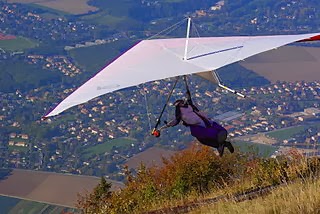One of the critical conversations happening at Westtown School this year revolves around what it means to be an excellent teacher at this school with its particular mission. In a recent discussion on the characteristics of good teaching I received some push back on the use of the word "excellent". The criticism was that the word smacked of elitism and furthermore if a teacher was an amazing, spell-binding lecturer did that make her a better teacher than one who crafted thought provoking problems for his students to solve. What is the standard if not excellence? And once we have a standard how do we define and name its characteristics?
I took these related questions with me to the recent Friends Council on Education Peer Network Meeting for Associate Heads and Division Heads. Our topic for the day was "Faculty Evaluation and Professional Growth in a Friends School Context: How does Quakerism inform how we go about doing evaluation and professional growth?" I explained that criticism of the term "excellence" seemed to be rooted in a strong strain of equality within Friend's schools. The first response to my questions after a collective chuckle was "what are we all supposed to be... equally mediocre?" But then two other members of the group nodded in agreement and said that this was a theme found among their faculty as well -- this conflating of excellence with elitism. Fortunately another member of the group offered a way forward from within the Quaker testimonies--To be excellent is to do one's work with integrity. Integrity is one of the Quaker SPICES (testimonies). The whole list includes Simplicity, Peace, Integrity, Community, Equality, Stewardship.
Integrity asks of us to give our best in every situation, to deal honestly with our students and colleagues. At its core it calls on us to have our outward lives express our inward thoughts and beliefs. So what are the queries we might ask (rather than a check list of things to do) in relation to whether or not we are doing our jobs with integrity? I would begin with following:
- Does my teaching in philosophy and pedagogy support the mission of the school?
- Do my actions in the classroom, as an adviser, on the playing field, in the school community, place the needs of my students at the center?
- Do I deal honestly and forth rightly with my colleagues and supervisors?
- Am I open to learning new ways to do my work in the evolving life of this school?
- Do the strategic imperatives of the school and my personal talents and beliefs align?
I'm sure this list isn't exhaustive and would welcome hearing others' thoughts.
In my next post I will explore my thoughts on Stewardship as another means of defining excellence.
In my next post I will explore my thoughts on Stewardship as another means of defining excellence.


